First published in 1971, this is Richard Adams' world-famous novel focusing on a community of wild rabbits and their daring move to escape the destruction of their warren.
Although Adams has written several other novels, including 'Shardik' and 'The Plague Dogs', 'Watership Down' is probably his best-loved and most enduring, securing virtual cult status during the past four decades.
When young buck rabbit Hazel discovers that the site of his community's warren in Sandleford is sited for a housing development, he has a tough time trying to convince the other rabbits that they need to leave and find a new home. But then an apocalyptic vision from the weakly but psychic Fiver changes their minds, and a group of Sandleford refugees led by Hazel and the no-nonsense 'Bigwig' sets out across the Hampshire countryside to establish a new base on Watership Down.
The novel is often harrowingly realistic in it's depiction of the hardships faced by animals living in the wild, and is ingenious in the way it portrays the world as seen through Lapine eyes. All the locations in the book are real places. An animated film of the novel was released in 1979 to enormous acclaim, using what were then revolutionary new animation techniques and catapulting the theme song 'Bright Eyes' by Art Garfunkel to no.1 in the charts.
Poignant, gripping and sometimes even funny, this is a novel that can be enjoyed by all ages and read again and again.

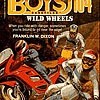
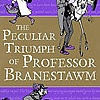
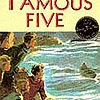
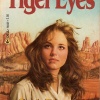

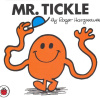



Do You Remember Watership Down?
Do You Remember Watership Down?